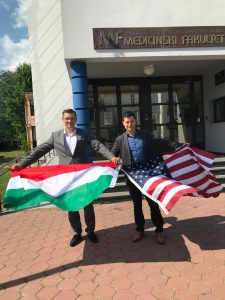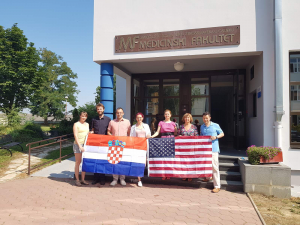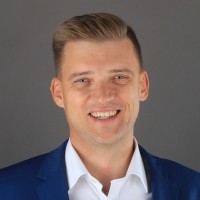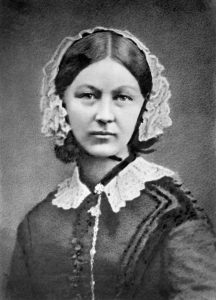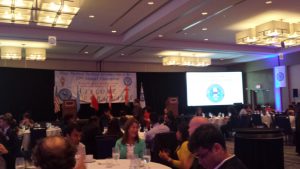I’m honored to welcome an old friend, Prof. Joe Petersburger, from the University of Pécs Medical School in Pécs, Hungary as a guest lecturer this semester. He will be joining us periodically for insight on the COVID-19 pandemic in Central Europe.
Prof. Petersburger embodies the ideals of a Renaissance scholar; he is not only a biologist, but also a photographer, former business executive, and medical communications expert. Prof. Petersburger earned his doctorate in biology from the University of Debrecen in Hungary and also was an exchange student at Duquesne University in Pittsburgh. He went on to become the first Hungarian photographer to have his work featured in National Geographic magazine. After a stint working in the pharmaceutical industry, he directed his immense talents to teaching medical students and encouraging interdisciplinary studies (through ITD, the only trans-disciplinary studies institute at a Hungarian medical school).
https://itdweb.hu/en/
Please send along any questions you may have about how COVID has impacted Europe as well as any you may have regarding opportunities to study at the University of Pécs. It is Hungary’s oldest university offering courses of study in more than 300 disciplines (including the country’s oldest English language medical degree program).
